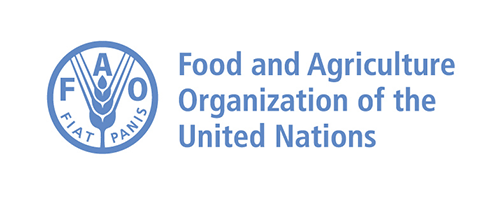The FAO Legal Office provides in-house counsel in accordance with the Basic Texts of the Organization, gives legal advisory services to FAO members, assists in the formulation of treaties on food and agriculture, for which the Director-General acts as Depositary, publishes legal studies and maintains a database (FAOLEX) of national legislation and international agreements concerning food and agriculture (including fisheries, forestry and water).
Members:
Resources
Displaying 616 - 620 of 15550Regulation No. 435 date 8.6.2016 amending and supplementing Regulation No. 1374 date 10.10.2008 on rules and rules of procedure for removal, addition, and change in the destination of the pasture fund.
Regulation 435 of 2016 amends and supplements certain definitions laid down in Regulation 1347 of 2008 as well as its sections 7, 12, and 17. According to the amendment, the line Ministry has to request a technical report from the municipality within one week of an application submission while the municipality has to respond and prepare a technical report within 10 days of the request. Further, the value of the removed pasture area has to be paid in full before the approval is issued.
Regulation No. 427 date 8.6.2016 on the organization and functioning of the National Agency of Territory Planning.
The National Agency of Territory Planning (NATP) is a public agency under the authority of the ministry responsible for territory and urban planning.
Norfolk Island Administration Act 2016.
This Act provides for the administration of Norfolk Island. New South Wales may enter into arrangements with the Commonwealth for the effective application and administration of the laws in force in Norfolk Island. Without limiting the generality of subsection(1), such an arrangement may provide for the exercise of powers by: a) an authority of New South Wales, or b) an employee of New South Wales, in or in relation to Norfolk Island.
Land Leases (Amendment) Act, 2016 (No. 10 of 2016).
This Act amends the Land Leases Act by deleting “Companies Act [CAP 191]” (wherever occurring) and substituting “Companies Act No. 25 of 2012. It also makes amendments to section 4 on registration of leases held by companies in the Land Leases Register.
Amends: Land Leases Act (Cap. 163). (2006)
Coastal Management Act 2016.
The objects of this Act are to manage the coastal environment of New South Wales in a manner consistent with the principles of ecologically sustainable development for the social, cultural and economic well-being of the people of the State, and in particular: (a) to protect and enhance natural coastal processes and coastal environmental values including natural character, scenic value, biological diversity and ecosystem integrity and resilience, and (b) to support the social and cultural values of the coastal zone and maintain public access, amenity, use and safety, and (c) to acknowledge A


